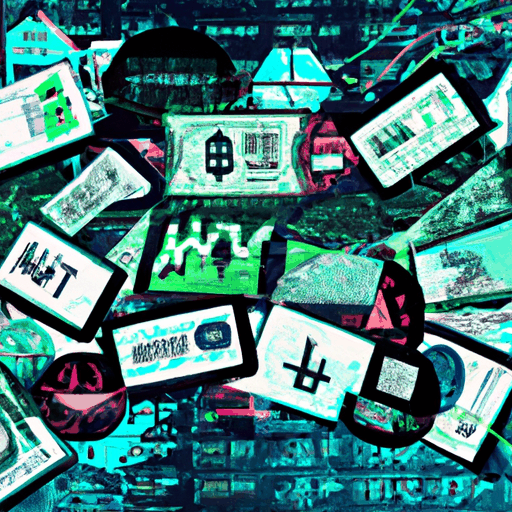
Tokenized Stocks Are Changing the Financial Landscape
By: Eva Baxter
The financial markets are undergoing a transformative shift as technological advancements make 24/7 trading increasingly accessible through tokenized stocks. In Hong Kong, for example, investors can now purchase fractions of popular U.S. equities like Tesla directly from their self-custody wallets, without the need for brokers or currency exchanges. This development, facilitated by platforms such as Ondo Global Markets and integrations with wallets like Bitget, underscores a significant evolution in how global investors interact with Wall Street.
Tokenization of real-world assets (RWAs) is not a new concept, with efforts to digitize securities and funds through blockchain technology ongoing for over a decade. Initial attempts focused on synthetic models which mirrored stock prices without conferring ownership rights. However, the industry has recently shifted towards fully backed tokenized securities, where tokens represent claims on actual shares held by regulated custodians. Notable movements in this space include Galaxy Digital's tokenization of its common stock and Nasdaq's aim to facilitate tokenized securities trading by 2026.
The implications of such innovations are profound, reflecting parallels with the rapid adoption of stablecoins, which extended U.S. dollar liquidity worldwide. Similarly, tokenized equities offer a new dimension of accessibility, potentially democratizing investment by allowing anyone with a crypto wallet to hold and trade fractional shares around the clock. This trend is further bolstered by the proliferation of tokenized U.S. Treasuries and cash equivalents, which have grown exponentially within RWA markets.
Institutions like Alpaca are pioneering Instant Tokenization Networks (ITN) to further enhance the liquidity and efficiency of these digital assets. By offering 24/7 access and enabling in-kind redemptions of tokenized stocks, these networks aim to overcome traditional barriers within the tokenized market space. As wallets evolve into financial gateways encompassing payments, savings, and investments, layers of intermediaries such as brokers may soon become obsolete.
Amidst these advancements, the emphasis on regulatory compliance remains critical. The success of tokenized securities hinges on how quickly regulators establish clear guidelines around eligibility, custodial standards, and voting rights, affecting their scalability and widespread adoption. The momentum for a continuously open, blockchain-powered economy is steadily building, possibly setting the stage for the future of seamless, transnational investments and financial transactions.



